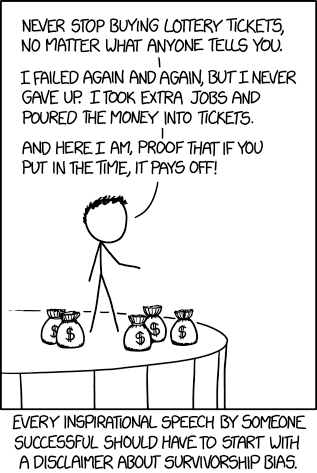Giving a good paper presentation is already hard, but at least you have 20 minutes’ worth of wiggle room. Giving a good paper fast-forward is even harder, because you have only 40 seconds. Even one tiny mistake can ruin you.
Goal
The most common mistake is trying to explain too much (I like to call it “geek’s asymmetry”). Trust me; almost nobody will care, and certainly nobody will understand, within 40 seconds and among 100+ presentations.
The fast-forward is pure advertisement with one main goal: get people read your paper and attend your talk.
On top of that, if you are really good, show what a cool and interesting guy you are. But do not even try unless you are absolute sure. (A good rule of thumb is this: are you already cool and interesting?)
Design
Write down the script first, so that you know what you want to talk about and you can comfortably utter the sentences within the limited time frame. Practice and rehearse a sufficient number of times, especially if you lack verbal proficiency. Only design your slides after the script is in a stable condition. This is extremely important. If you do it the other way around, and I know this is what most people would do, you are making a grave mistake, because (just like what movie critics would say) you are letting the effects get in the way of the substance.
Do not force people read your slides. Use pictures and animations instead of texts to explain your points.
Practice
After having both the script and the slides, practice, until you can do it perfectly during sleep.

